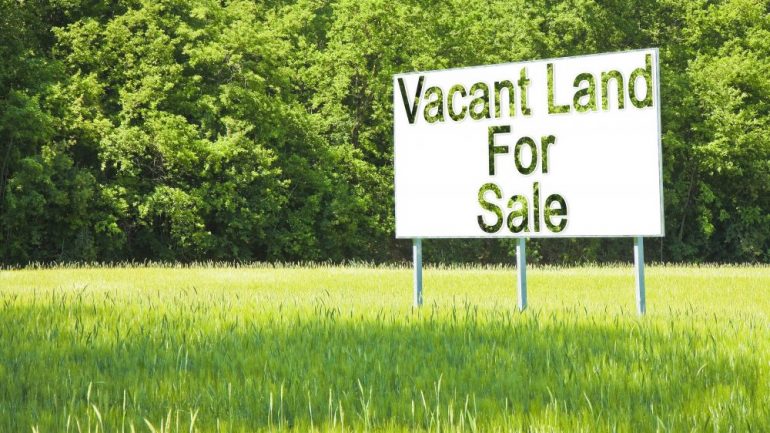Selling all or part of your undeveloped rural land differs in some important ways from other real estate transactions. Let’s get your piece of paradise ready for the market.
It’s not like selling a home
If there’s a house on the land you’re trying to sell, potential buyers can envision themselves living there, raising a family, creating a life. But buyers of raw land face a development process with a longer horizon. And potential buyers who view your land may have differing reasons for buying it, whether homesteading, farming, subdividing, or using it for recreational purposes like hunting or riding off-road vehicles.
Start with your neighbors
In a rural community, your neighboring landowners should be the first people you contact about selling rural land. Any of them might want to expand their existing land holdings to get more space or simply to provide a buffer space between their property and that of other owners. If your neighbors aren’t prospects, they may know someone who would be.
Hire a professional
If networking with your neighbors doesn’t turn up a buyer, hire a real estate agent who specializes in selling rural land. They know the values, know the county government regulations, and are valuable to your sales process. It’s smart to use one of these knowledgeable pros.
Pricing your rural land
Your agent will run a comparative market analysis for your property to determine its market value based on sales in the area. Comparable sales will be harder to find for rural land than for residential home sales in a metro subdivision, where sales are common.
If your land is in the path of development from a nearby metropolitan area, you could make out nicely selling to a developer with plans for a subdivision. Your selling price per acre could be substantially higher than if your land is more remote and likely to continue as agricultural in use.
If your acreage is large enough, you could become the developer yourself, subdividing the land and selling it in lots. The process of acquiring permits from the county government is complex and requires substantial due diligence but could pay off handsomely.
Marketing your rural land
Clean the property for presentation. Mow, trim, clear snarls of undergrowth from treed areas, and repair roads and fences. Afterward, take eye-catching pictures for online and printed marketing materials. Besides your agent’s own website and the big listing sites, list the property on sites that specialize in land sales.
An attractive sign, easily visible from the road by the property, that lists the acreage and contact information is still one of the simplest, most effective marketing tools.
Financing for buyers is different
The financing of land purchases also differs from other real estate transactions. Often sellers will provide financing if the buyer cannot pay cash. Buyers getting bank financing will face a more complex process if they are buying the land to construct a house.
Related – Buying Rural Land for Farming and Livestock


